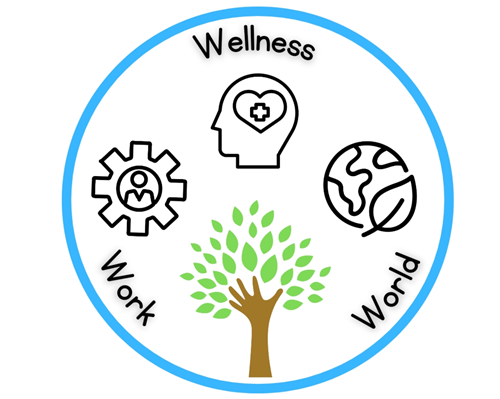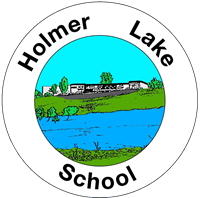History
Curriculum Leader - Mrs. Watson and Miss. Baylis
Subject Leader - Mrs. Watson
Link Governor - Mrs. Hevingham
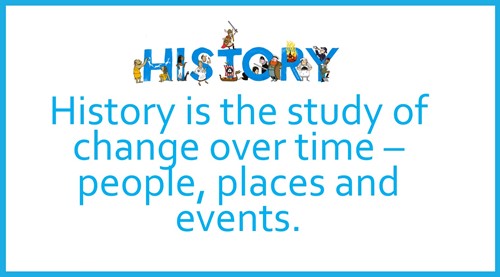
Our intent is for our children to have a sound chronological understanding – a clear picture of the structure of the past, a sense of period and how history flows and interacts like a narrative. We aim that our children develop a big picture of History and the use of a consistent model of timelines in both KS1 and KS2 enables children to place their previous learning alongside new learning and build a visual chronological framework. A clear progression of chronological vocabulary and concepts support teachers to ensure that children build a more detailed understanding of the structure of History in a chronological sense as they move from EYFS to KS1 and KS2.

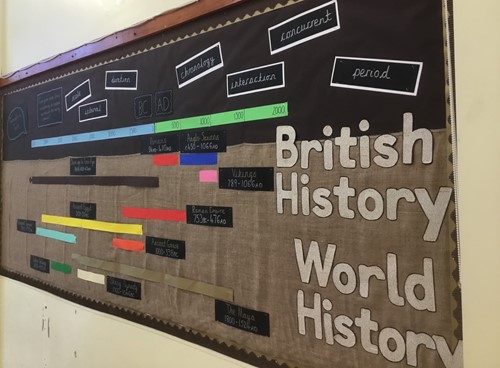

The History curriculum offer contains a set of key substantive concepts or “golden threads” that children repeatedly revisit throughout their history lessons from EYFS to Year 6. By revisiting these key substantive concepts over time allows the children to build a bigger and better understanding of these concepts with increasing complexity. The curriculum design of a two-year cycle, provides children with meaningful examples and repeated encounters in different context, allowing progress to be made as they build their knowledge of the past and deepen their learning.
The curriculum end points identify vocabulary that is specific to the learning for that particular enquiry question. Each time a golden thread is revisited within a sequence of learning pupils build on and deepen their understanding of vocabulary that they have encountered before.
Our aim is that children accumulate disciplinary knowledge alongside the content. Clear pathways and threads of disciplinary concepts support teachers to ensure this knowledge is revisited regularly with greater difficulty.
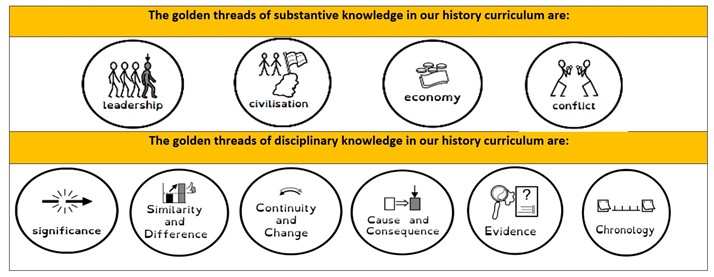

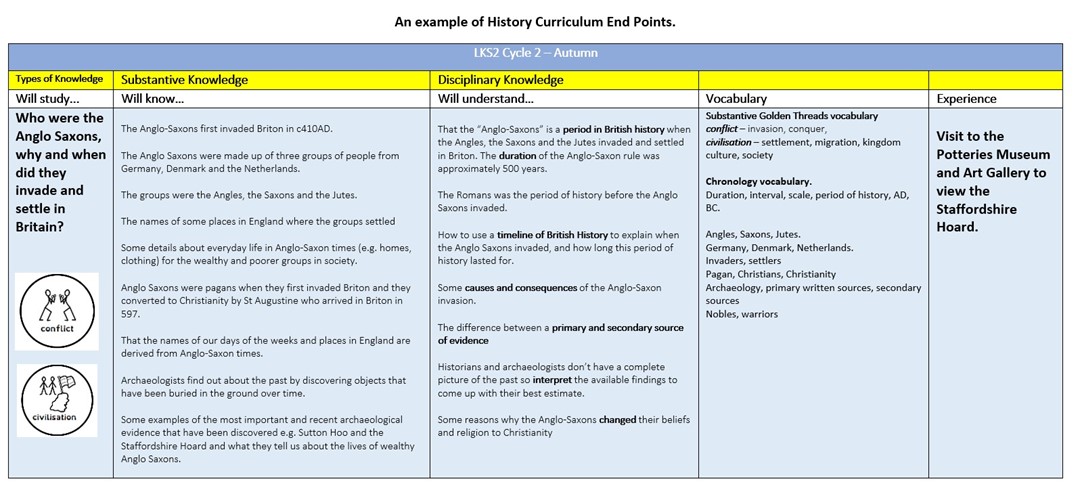
The aims for teaching the History curriculum are to develop pupils who:
- Have a sense of curiosity to learn about the past.
- Will experience a sense of place and understanding of the rich history of their immediate locality and how it has changed over time.
- Have a strong knowledge and understanding of people and cultures, events and eras and be able to make connections and comparisons between them.
- Have a secure understanding of sequence and chronology.
- Know how historians study the past and construct claims and draw conclusions.
- Will be exposed to diversity and will build an open mind with a sense of fairness.
- Will be offered the full requirements of the National Curriculum for history.
 Click here to see the History Curriculum Overview
Click here to see the History Curriculum Overview
 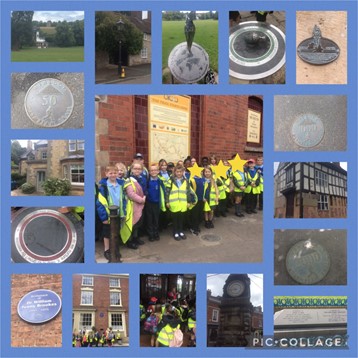 |
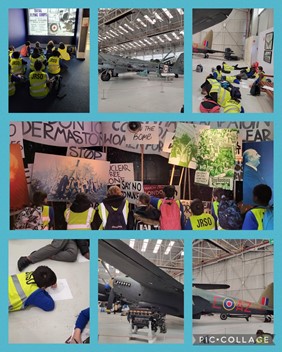 |
| KS1 children visit Much Wenlock, and find out more about William Penny Brookes and the first Olympic Games, as part of their study of the local significant events and people. | As part of their post 1066 study of World War 2, children in UKS2 visit RAF Cosford. |
Reading
Opportunities are planned for children to read independently age-appropriate non-fiction text that link to the history enquiry being studied. Historical fiction is embedded into the reading curriculum within class reading tree books, whole class reading text and story time.
In History lessons, pupils read extracts from historical primary and secondary sources, using their comprehension skills to retrieve, infer and explain the meaning.
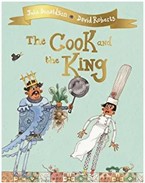
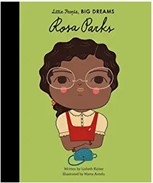
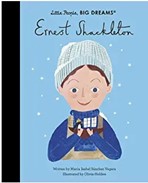
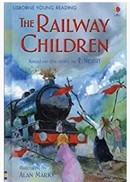
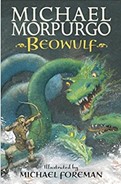
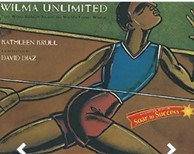

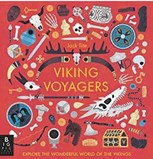
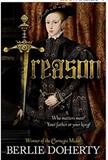
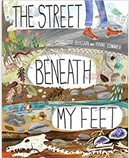
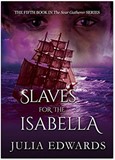
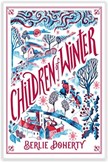
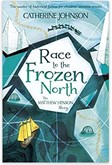
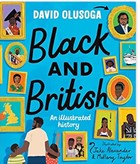


Writing
Written outcomes in history allow children to transfer skills taught through English lessons for example: creating structured accounts of significant events and explaining how evidence is used to make historical claims.
Early Years Foundation Stage
The golden threads of the History curriculum are established in the Early Years Foundation Stage (EYFS). Children begin to develop an understanding of leadership, civilisation, economy, conflict and through stories, role play and carefully constructed opportunities within their planned provision. Children in EYFS develop their conceptual understanding of time and chronology with timelines that link to their daily routines, own lives and stories.

 EYFS Long Term Planning and progression towards KS1.
EYFS Long Term Planning and progression towards KS1.

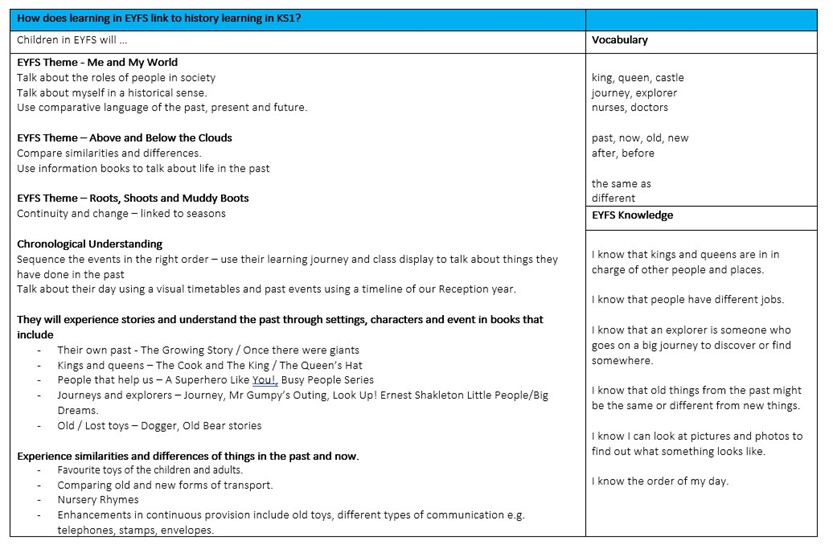
SMSC and British Values.
We aim to develop Spiritual, Moral, Social and Cultural values through the history curriculum by;
- Fostering the mystery of how and why events in the past happened and their many causes.
- Developing open mindedness when considering the actions and decisions of people from the past.
- Encouraging children to think about what past societies have contributed to our culture today.
- Developing a better understanding of our multicultural society through studying links between local, British, European and world history.
British Values are actively promoted and embedded into the history curriculum. Children explore issues such as democracy and the rule of law in their historical context and relate them to the modern day through in-depth studies of periods such as Ancient Greece and overviews of Crime and Punishment. By looking at the achievements of a diverse range of significant individuals children develop an awareness of how they have influenced and shaped the country in which we live.
Inclusion
At Holmer Lake Primary School we actively seek to remove the barriers to learning and participation that can hinder or exclude individual or groups of pupils. All children benefit from quality first teaching in the classroom where teachers set high expectations, cater for the needs of individuals, and provide opportunities for all pupils to achieve and progress. Teachers are aware that pupils bring different experiences, interests, and strengths to school which influence the way they learn. Teachers plan and adapt their approaches to teaching and learning so that all pupils can take part in lessons fully and effectively. For example, in History, a pupil may require a simplified version of a historical text, word banks and/or scaffolded writing frames.
Curriculum Drivers
The History curriculum provides opportunities for children to develop their understanding of how the present World they live, is impacted by the events and people of the past. Learning about significant people of the past and their achievements, provides children with a base on which to develop their own Work aspirations and sense of opportunity in their futures.
